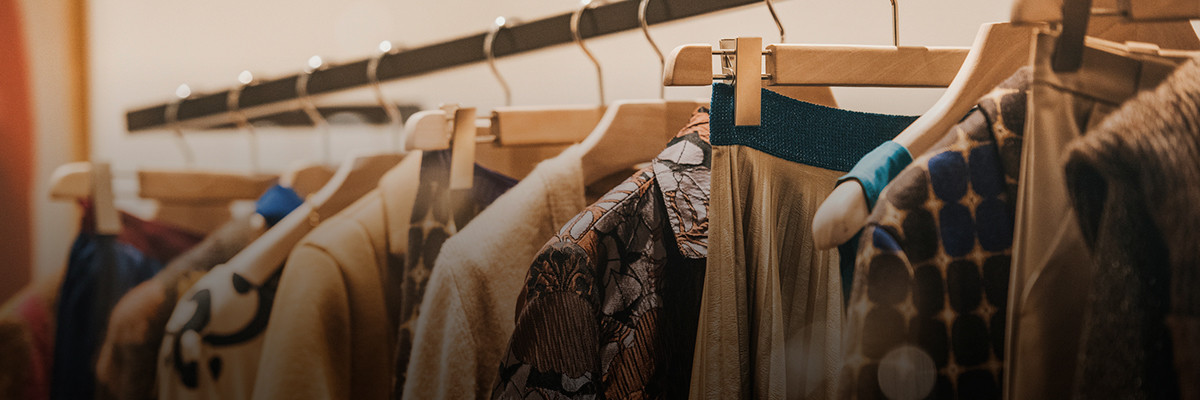
When luxury leader Chanel published its full-year earnings alongside its first sustainability report at the end of June, the company made a bold move to leave behind the discretion that has characterized it for decades and instead embrace greater transparency. This change signals disruption in the industry, and there is much more to come. While disruption can create challenges, it also offers great opportunity for businesses to become more resilient and ensure strong future growth.
Companies across industries are facing major challenges that, left unaddressed, will have an impact on the resilience of existing business models. These challenges—climate change and biodiversity loss, new technologies and automation, and rising economic inequality—have specific implications for the luxury sector. Climate change and biodiversity loss are affecting the supply of precious raw materials, as well as the resilience of the sector’s infrastructure; new technologies and automation are redefining the manufacturing process, retail experience, and nature of work; and rising economic inequality means luxury brands will need to re-affirm their value, particularly in emerging markets.
Given the luxury sector's role as influencers and trendsetters and its reliance on well-functioning ecosystems, what is the role of luxury to enable and help drive environmental and social progress?
BSR’s Responsible Luxury Initiative (ReLI) is today launching a new report that offers a roadmap toward a resilient luxury sector and highlights three opportunities for luxury companies to invest in future success. The report, Disrupting Luxury: Creating Resilient Businesses in Times of Rapid Change, was developed in coordination and dialogue with ReLI members, who include Cartier, Chanel, Harvey Nichols Group plc, The Hong Kong and Shanghai Hotels Limited, IWC Schaffhausen, Kering, LVMH Moët Hennessy – Louis Vuitton S.A., Michael Kors Holdings Limited, mytheresa.com, OTB, PVH Corp., Ralph Lauren, Richemont International S.A., Swarovski, and Tiffany & Co.
The three opportunities for luxury brands that we have identified in the report are to engage in the circular economy, contribute a positive impact on society, and strongly articulate value to all stakeholders.
Engage in the Circular Economy
Luxury companies can engage in the circular economy, a system that endeavors to protect resources by using less, wasting less, and recycling more, in the following ways:
- Adopt regenerative sourcing practices and invest in the restoration of important ecosystems to ensure the availability of precious raw materials derived from nature, such as wool, leather, exotic wood, cashmere, and rare essential oils.
- Expand product life cycles by sourcing recycled and upcycled materials for products and by designing new business models that enhance the value of luxury products through giving them many lifetimes.
- Build on existing collaborative relationships with key suppliers to identify, catalyze, and support innovation in materials and processes.
Contribute a Positive Impact on Society
Luxury companies can use both their core business strategies and philanthropic agendas to contribute a positive impact. They can undertake the following:
- Further support social and environmental progress by assessing how products and services affect society and the planet and using complementary business and philanthropic strategies to address key issues.
- Use the power of their brands to promote cultural change toward gender equality and thereby contribute to women’s empowerment; focus on empowering women in luxury supply chains.
- Help ensure that people working in their value chains receive a fair wage and provide training for workers to give them the skills they will need for future jobs.
Strongly Articulate Value to All Stakeholders
Luxury companies can prepare for transparency and better engage investors and consumers on environmental and social progress in several ways:
- Set a new standard for transparency by providing more details about how their business practices affect the environment and local communities.
- Capture the attention of shareholders who are interested in sustainability and looking to invest in companies that create long-term value.
- Engage consumers more deeply on a new value proposition for luxury that fully integrates sustainability.
These opportunities do not encompass everything that luxury companies must do to be more resilient and sustainable. Like all businesses, they should look to global frameworks, like the Paris Agreement and the UN Sustainable Development Goals, for guidance on fundamental practices.
However, these recommendations offer a luxury-specific perspective on resilience that builds on the sector's specificities and strengths, such as close relationships with suppliers, the ability to experiment with more flexible manufacturing capabilities than mass-produced goods, and a traditionally long-term view of business focused on preserving heritage and brand equity.
Implementing these opportunities will allow luxury companies to become a model for other sectors, demonstrating how social and environmental sustainability can fuel future growth, drive innovation, and strengthen brand equity.
If you would like to learn more about the Responsible Luxury Initiative, please contact us.
Let’s talk about how BSR can help you to transform your business and achieve your sustainability goals.
